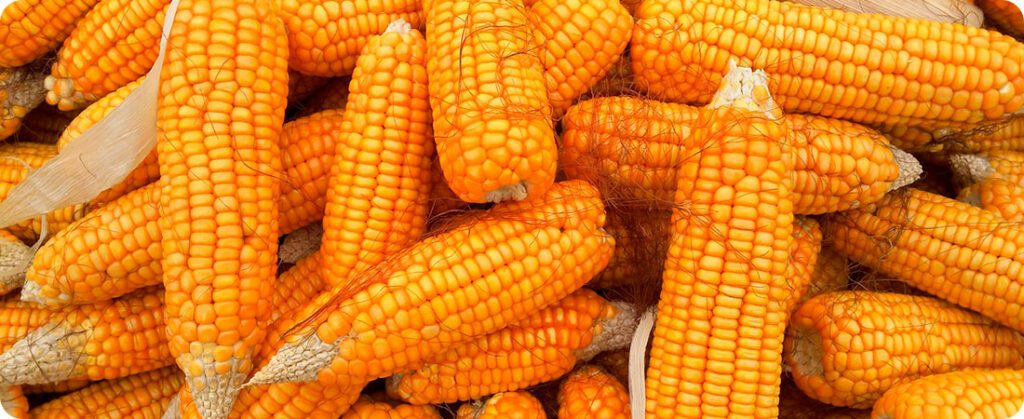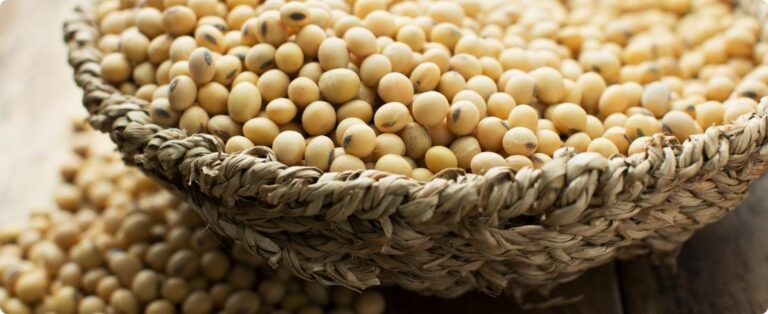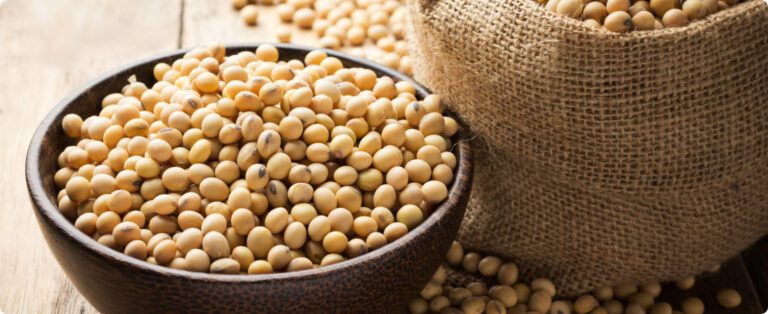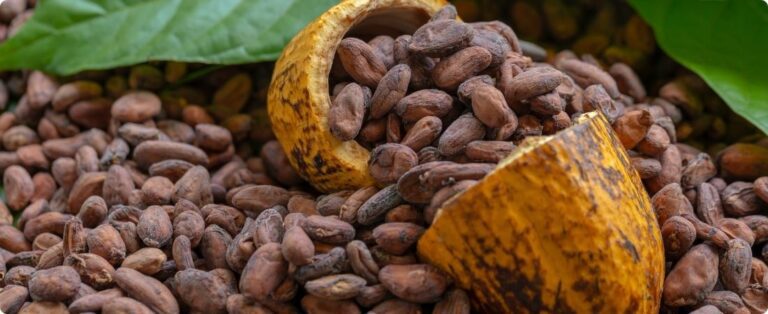
The European Union's crop monitoring service, known as MARS (Agricultural Monitoring Satellite), revised its yield forecasts for the 2019 harvest on Monday. corn, sunflower and soy. The adjustment was necessary due to the impact of excessive rainfall in southeastern Europe. On the other hand, the sugar beet harvest showed better than expected results, benefiting producers.
Above-average rainfall, which also affected other parts of the European Union, has delayed sowing for next year's winter crops, creating a scenario of uncertainty for future productivity.
Revision of forecasts for important crops
MARS analysts have adjusted their EU corn crop projections several times, initially due to warm weather in southeastern Europe and subsequently due to excessive rainfall during the harvest phase in several regions. In its latest monthly report, MARS set the average corn yield in 2024 at 6.66 tonnes per hectare (t/ha), down from the 6.85 t/ha projected in September and 11% below last year’s yield. This adjustment represents MARS’s fifth consecutive reduction in its corn yield forecast.
Analysts adjusted their sunflower yield projection to 1.86 t/ha from the previously estimated 1.98 t/ha. They also lowered the average soybean yield to 2.72 t/ha from 2.81 t/ha in September.
On the other hand, the outlook for sugar beet improved slightly, with yield adjusted to 75.4 t/ha, compared to 74.7 t/ha projected last month. This crop, which is predominant in northern Europe, benefits from the more favorable conditions in the region.
Impact of heavy rainfall in Southeastern Europe
According to MARS, regions such as Bulgaria, Romania, Hungary and Croatia experienced heavy rainfall from mid-September onwards, which contributed to worsening yield expectations, especially for sunflower and corn. These crops had already been suffering from very hot and dry weather conditions in previous months.
Central and Western Europe also experienced heavy rains. This excess precipitation not only delayed the harvest of summer crops, but also raised concerns about grain quality. In addition, the rains compromised the sowing campaign for winter cereals.
Reflection of weather conditions on the winter grain harvest
France has suffered one of its worst winter grain harvests in decades due to excess moisture from the previous year’s sowing. This persistent wet weather scenario reflects the ongoing impact of climate change on agricultural practices and productivity in the European Union.
Source: Sybille de La Hamaide | Notícias Agrícolas















